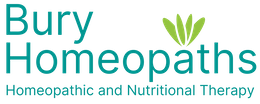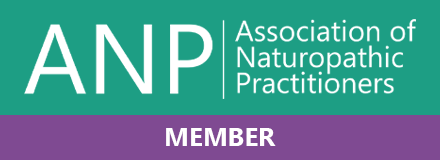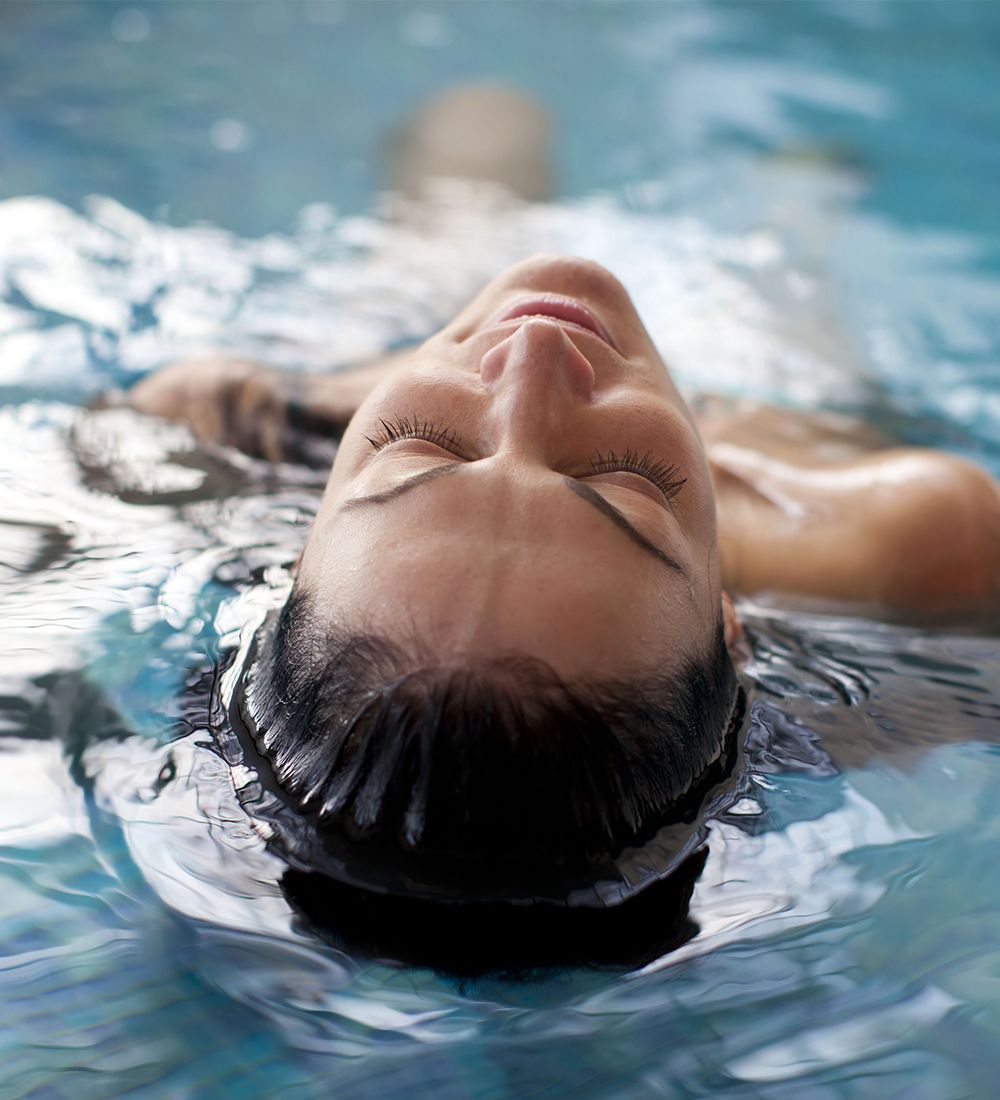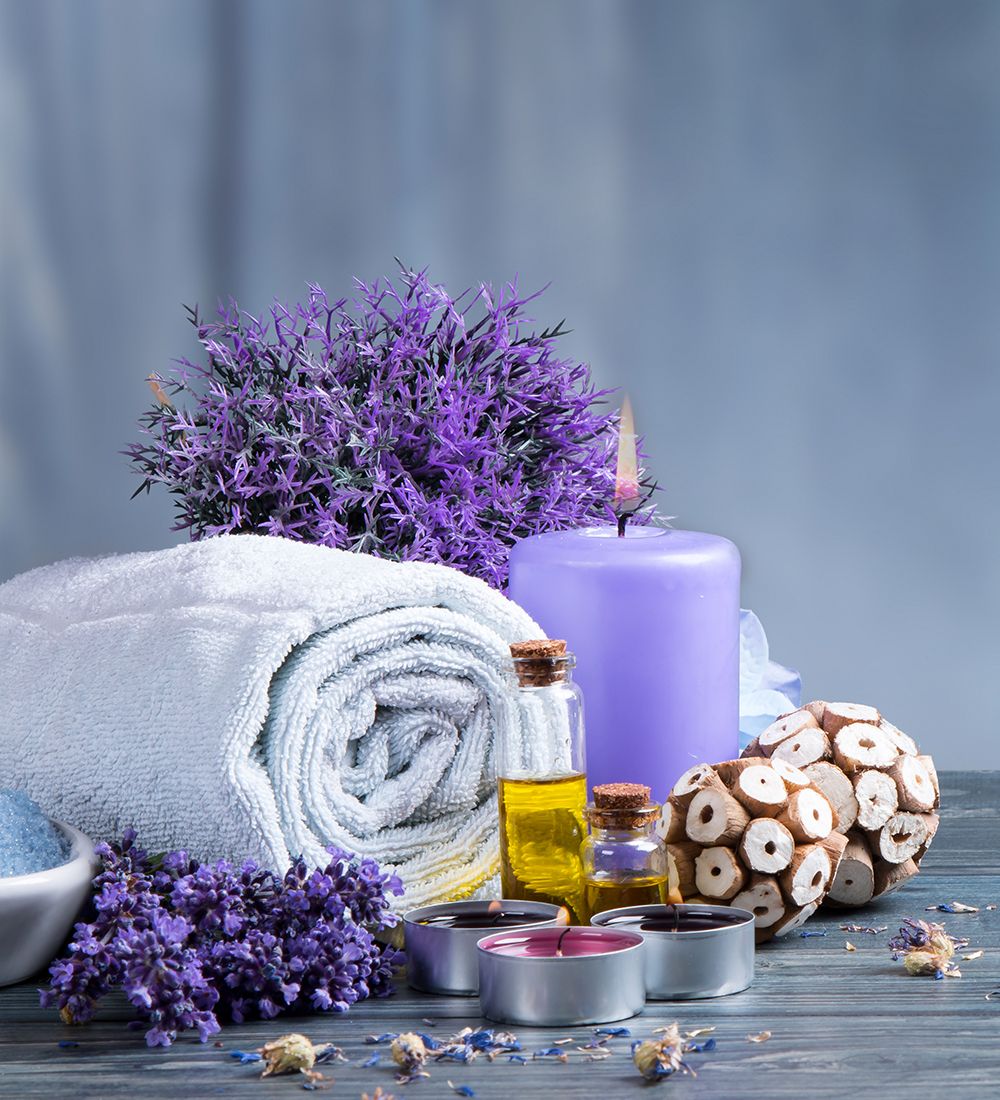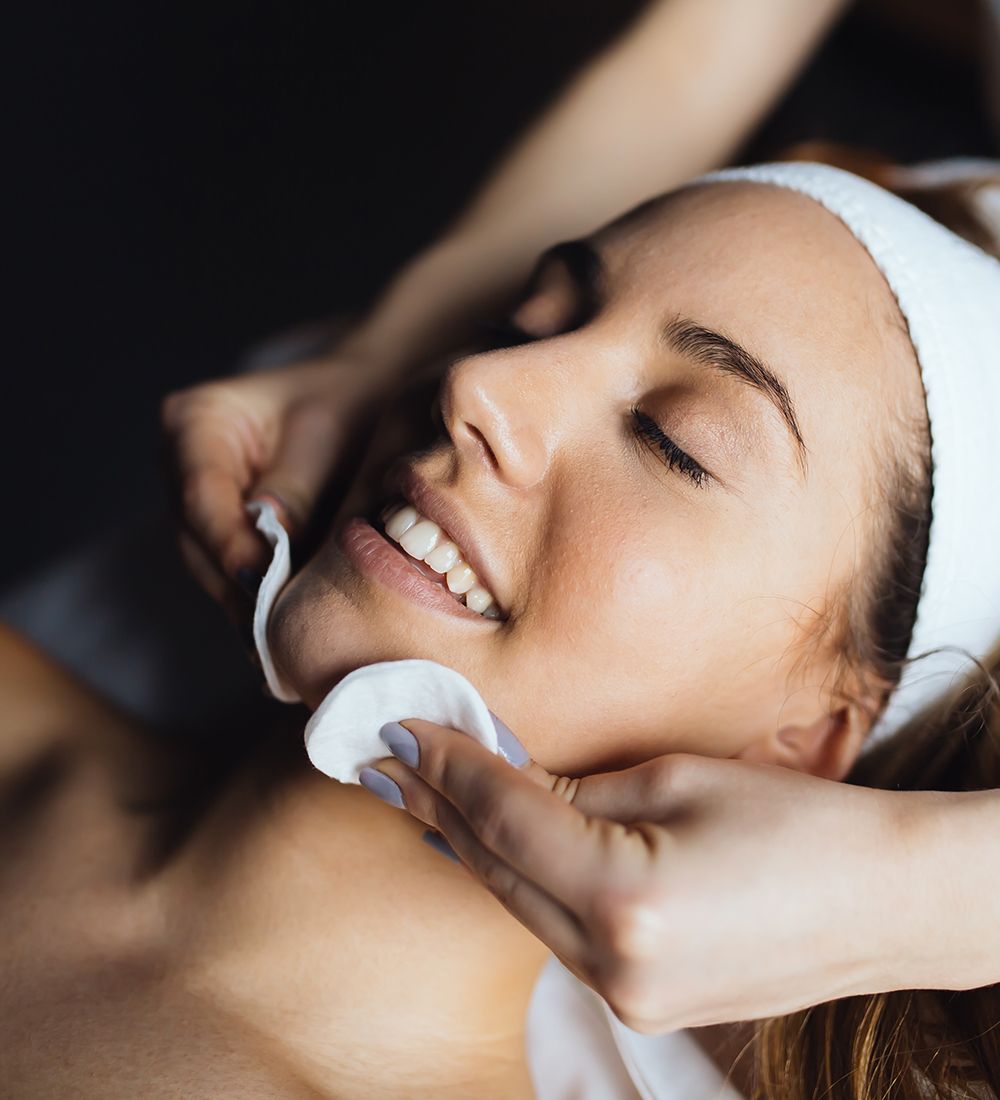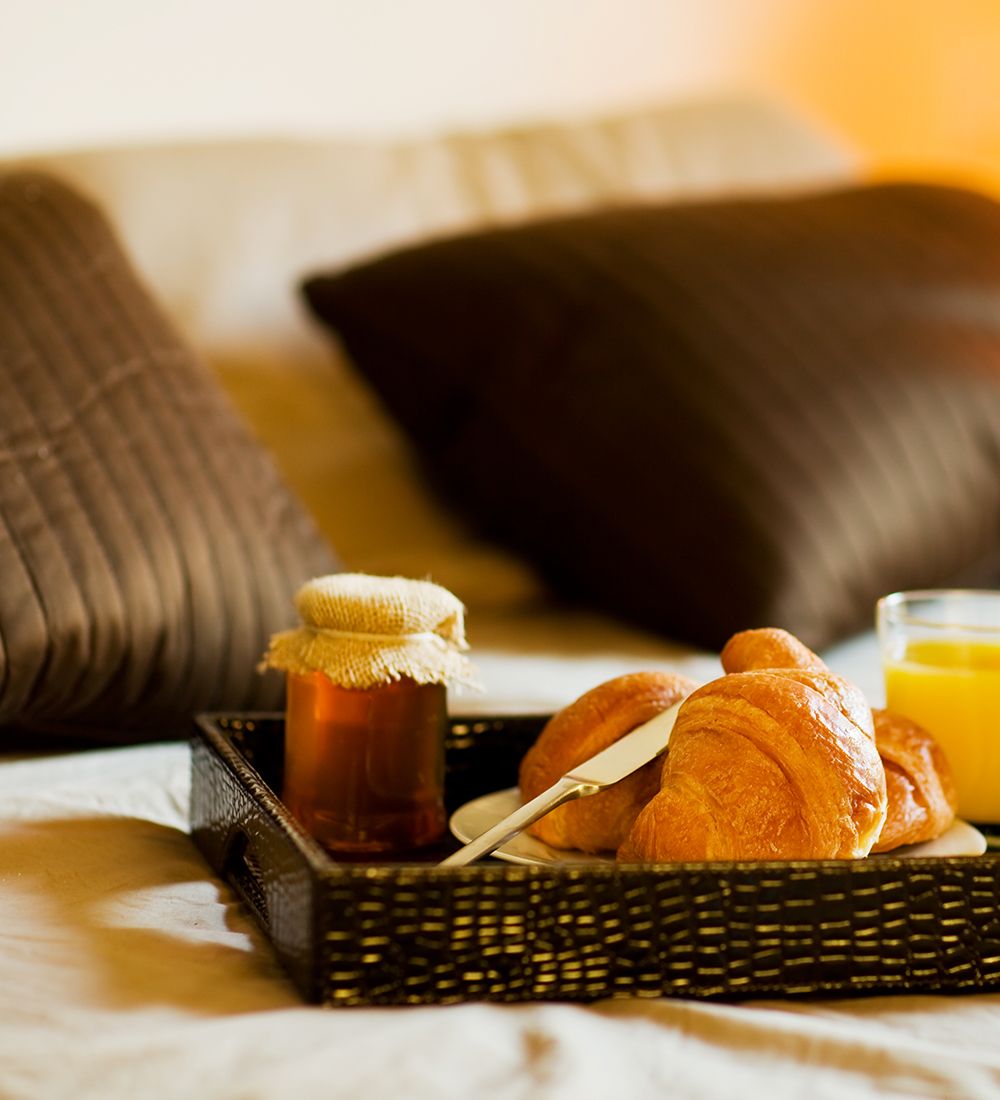Assessing bone health
One way to assess bone density is with a DEXA (Dual-energy X-ray Absorptiometry) scan, also known as a bone density scan and these are available through the NHS. A more accurate and detailed scan is a REMS scan which looks at the internal matrix of the bone, not just the outer shell.
Risks with certain medications
Long-term use of certain medications, including proton pump inhibitors, selective serotonin reuptake inhibitors, aromatase inhibitors, fertility drugs/hormonal medications, anti-seizure medications and steroids (glucocorticoids or corticosteroids) can all increase the likelihood of
Osteopaenia and subsequent Osteoporosis.
Caffeine, Smoking and Alcohol can make bones more fragile
Excessive caffeine can block calcium from being absorbed into the bones. Make sure you are not having more than a few cups every day.
Alcohol consumption is related to bone fractures and osteopenia. It is unclear if there is a safe amount of alcohol to consume but certainly the higher the consumption the greater the increase of likelihood of fractures.
Tobacco has strong links with decreased bone mass and can even cause premature menopause.
Balancing protein & minerals in the diet
Being underweight can increase the risk of osteoporosis. Make it a priority to eat enough protein (1-2g per kg body weight) and foods that provide essential nutrients, especially calcium, magnesium, phosphorus, manganese and vitamin K.
Homeopathic remedies and tissue salts
You are welcome to ask me about these as part of your treatment and I can include
these with your prescription. Homeopathic Calc Fluor, Calc Phos, Calc Carb and Silica are all helpful at encouraging the bones, teeth and hair to stay strong.
https://www.thieme-connect.com/products/ejournals/abstract/10.1055/s-2007-989460
https://pmc.ncbi.nlm.nih.gov/articles/PMC6304634
https://pmc.ncbi.nlm.nih.gov/articles/PMC8835521
Exercise
It’s really important to exercise in a way that you enjoy – you will be much more likely to stick to something this way!
Particularly effective exercise includes:
- Weight-bearing Exercises: Activities such as walking, jogging, and dancing that force you to work against gravity.
- Strength Training: Using weights or resistance bands to improve muscle mass and bone strength.
- Balance Exercises: Yoga and Tai Chi, which enhance coordination and prevent falls.
Supplements
There is no ‘one-size fits all’ supplement at menopause. However, the majority of women would benefit from taking Magnesium as it helps with so many menopausal symptoms, including supporting bone density, deep sleep and emotional support.
Taking vitamin D3 with Vitamin K2 is also vital if you are approaching/post menopause, as the K2 ensures that calcium and Vitamin D are directed to bones rather than deposited in blood vessels.

Purchasing Supplements – Natural Dispensary
You can get 10% off everything at www.naturaldispensary.co.uk by creating an account linked to my practitioner name (you may need to ring them if this is difficult to do online). They sell high-quality natural supplements and toiletries, and more. You will need:
My practitioner name (Debbie Greenslade)
My Practice name: Bury Homeopaths
My Practitioner discount code: DGRE10
You can use this code at any time to get discounts on anything on their website.
https://www.mdpi.com/2072-6643/16/14/2356
https://www.larabriden.com/the-power-of-magnesium-in-perimenopause-natural-relief-for-sleep-and-hormones
https://pubmed.ncbi.nlm.nih.gov/28975661
https://pubmed.ncbi.nlm.nih.gov/26042088
For a detailed assessment of your needs please get in touch.
